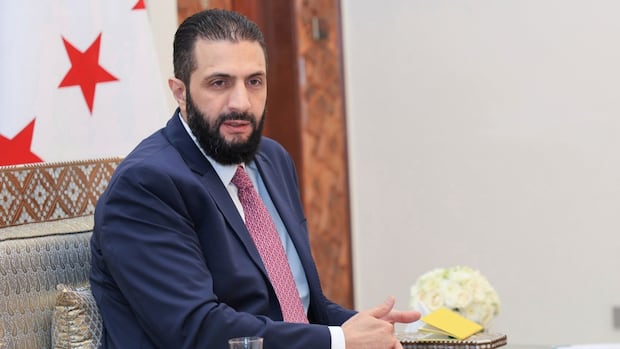Syria is set to hold parliamentary elections on Sunday for the first time since the fall of the country's longtime autocratic leader Bashar al-Assad, who was unseated in a rebel offensive in December.
Under the 50-year rule of the Assad dynasty, Syria held regular elections in which all Syrian citizens could vote. But in practice, the Assad-led Baath Party always dominated the parliament, and the votes were widely regarded as sham elections.
Outside election analysts said the only truly competitive part of the process came before election day — with the internal primary system in the Baath Party, when party members jockeyed for positions on the list.
The elections to be held on Sunday, however, will not be a fully democratic process either. Rather, most of the People's Assembly seats will be voted on by electoral colleges in each district, while one-third of the seats will be directly appointed by interim President Ahmed al-Sharaa.
Despite not being a popular vote, the election results will likely be taken as a barometer of how serious the interim authorities are about inclusivity, particularly of women and minorities.
Here's a breakdown of how the elections will w
Continue Reading on CBC News
This preview shows approximately 15% of the article. Read the full story on the publisher's website to support quality journalism.
